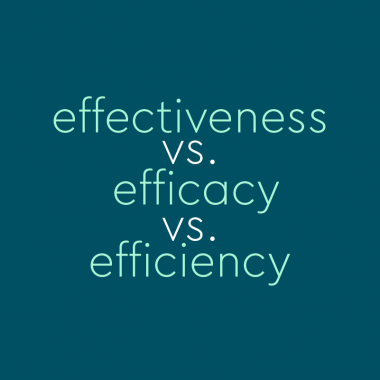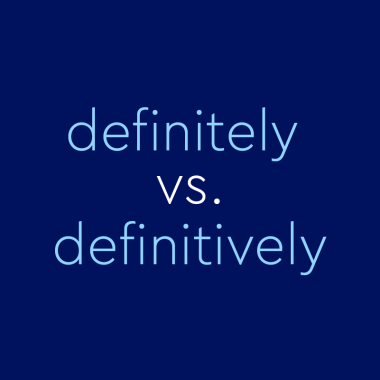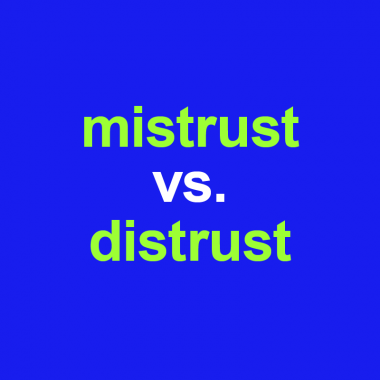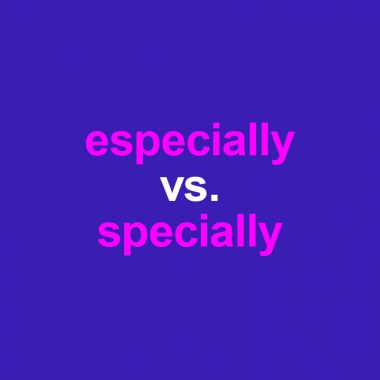“Effectiveness” vs. “Efficacy” vs. “Efficiency”: When To Use Each Word For The Best Results
Countries around the world are doing what they can to distribute the COVID-19 vaccine to as many people as possible. As we wait and hope the vaccine will finally free us from the virus’s clutches, the words are flying fast and furious; everyone from Dr. Fauci on down is suddenly concerned with terms like vaccine efficacy and vaccine effectiveness. And who can blame us for …











